

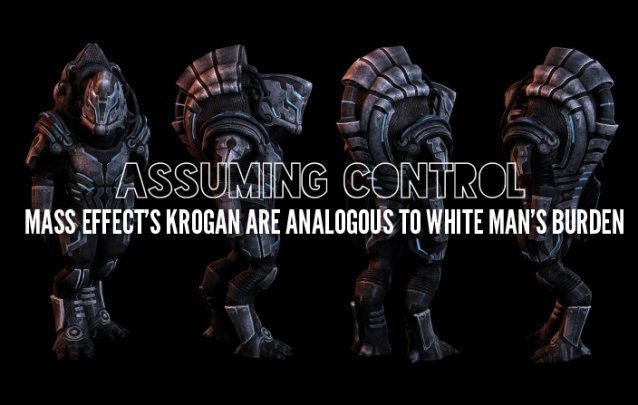
While Mass Effect 3 featured many difficult choices, the ones that have troubled me the most were the decisions that involved the Krogan.
The Krogan are a reptilian species known for their brutal warfare and their cutthroat culture. Both of these Krogan characteristics are unsurprising when you consider the Krogan’s barren native planet, Tuchanka. Hell, Tuchanka is home to the mother of all thresher maws, Kalros. You don’t live in a place like Tuchanka unless you have toughness, tenacity and resilience in spades.
The fact that the galactic society in Mass Effect feels that it can simply decide the fate of another culture reeks of audacity.Boy, do the Krogan know about resilience. Prior to being “culturally uplifted” by the Salarian, the Krogan had discovered how to split an atom. This knowledge, naturally, lead to atomic warfare—and atomic warfare lead to a nuclear winter. Still, the Krogan survived. When the Salarians dropped the Krogan into a war against the fearsome Rachni, the Krogan persevered. Even after the Salarians decided that the Krogan were too dangerous and had to be kept in check with a genophage, still, the Krogan have survived.
The Mass Effect franchise has allowed players to take a central role in the conflict between the Krogan and the rest of the galaxy. The series builds up to the decisions in Mass Effect 3, where players must decide whether or not they will develop a cure for the genophage--the biological weapon designed by the Salarians meant to regulate the Krogan population.
Though the Krogan survived, the results of the genophage were devastating for the Krogan culture. Convinced of their impending doom as a species, the Krogan developed a horrible fatalism. The Krogan became a largely mercenary group, having such little faith in themselves that they no longer needed a particularly good reason to throw themselves in danger for a few credits. Battle is what the Krogan know, and that’s what they’ll go down doing.
The fact that the galactic society in Mass Effect feels that it can simply decide the fate of another culture reeks of audacity. Who can possibly justify having the responsibility for the tutelage and control of a culture? While I’ve never been comfortable with the idea that games allow us to decide things for other people--it’s a ridiculous power fantasy--I felt especially uncomfortable about influencing the Krogan’s fate.
The Krogan remind me of the United States’ history with slavery. Americans bringing over Africans in large droves for their ‘special innate talents’ as work mules. Back then, it was widely believed that savages like Africans didn’t deserve to be treated like people. Savages should definitely not have the power to control their own future. They’re not deserving of their basic freedoms, are dehumanized and considered little more than beasts, you see, because liberties and respect are things we only afford people with “culture.”
As someone who grew up poor and underprivileged, there was never a shortage of people who would decide things for me: my education, my reproductive rights, where I could live, on and on.The Krogan had a culture beyond their violence, Mass Effect 3 reveals. For a moment, a player might feel guilt that the Krogan’s future was stolen from them, especially when you find out that they started developing a resistance to the genophage. The Krogan and their plight are familiar to me. I’ve lived it, and that’s why I consider the Krogan to be a superbly written metaphor for many of the social inequalities we regularly face as a society. As someone who grew up poor and underprivileged, there was never a shortage of people who would decide things for me: my education, my reproductive rights, where I could live, on and on. An endless array of the aspects of my life, determined by figures incredibly far removed from the situations they had power over. Figures who took my voice away and spoke for me, often to my detriment.
The results on underprivileged groups in real life is similarly devastating. Convinced they had no future, I saw friends and family indulge themselves in dangerous destitution. Violence was rampant, as young kids fought over what little they did have control over--the color of their clothes. Red, blue: colors meant to be markers of where they’re from, a heritage they held on to fiercely to as it was one of the few things that couldn’t be taken from them. Violence happened because that’s all they knew, because that’s all they were good for.
The worst part is, most of these people ended up in situations like that because of many factors beyond their control. Few recognize this, and instead point toward the violence as utter proof that the underprivileged cannot possibly decide their own fate. How could they, when these people aren’t just a blight to society, but a real danger to themselves?
So when the time came, and Shepard had to decide whether or not to cure the genophage for the Krogan, I was taken aback. Why should I be able decide this? Why am I given this power? How am I any better than the rest of the galaxy for thinking I actually have a say in what happens to this group of people? How dare anyone think they have the right to decide the future of the Krogan?
But it’s just a decision like any other. Players regularly decide the fates of the people they encounter, of entire kingdoms, nations, and galaxies. Players not only expect that kind of power, we demand it. We needed to see that our choices mattered by the end of Mass Effect 3. We needed to see that we left a fingerprint on the galaxy, even if it’s not a power that we deserve.
The funny thing is, should you purchase the “From Ashes” DLC—which allows you to learn about the Protheans and their culture—most of us will find the similarly minded Prothean as jarring. Being the most advanced civilization, they thought it was their role to decide the future of the rest of the galaxy by force. When Javik talks about how the Protheans viewed the rest of the galaxy, we think he’s a huge douche. Who does this guy think he is? Why does he think he’s so much better than everyone else around him? Why does he think his people had a right to “oversee” other cultures and decide their futures?
As players, we’re not all that much different from the Prothean.
Beyond that, it’s curious to analyze the Krogan dilemma in relation to real life power dynamics and the power fantasy. As mentioned earlier, games like Mass Effect indulge in a power fantasy related to control and influence. Who actually has control and influence in real life? I think back on this quote about control "over the self and the spirit, over women’s bodies, over land, and over others—is a hallmark of White identity" in an Andre Brock article. To indulge on the power fantasy where we have utter control over other people’s lives is to assume whiteness, typically male whiteness.
I’m not comfortable with that.


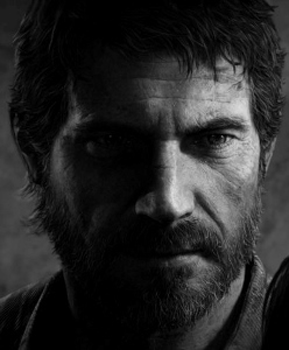
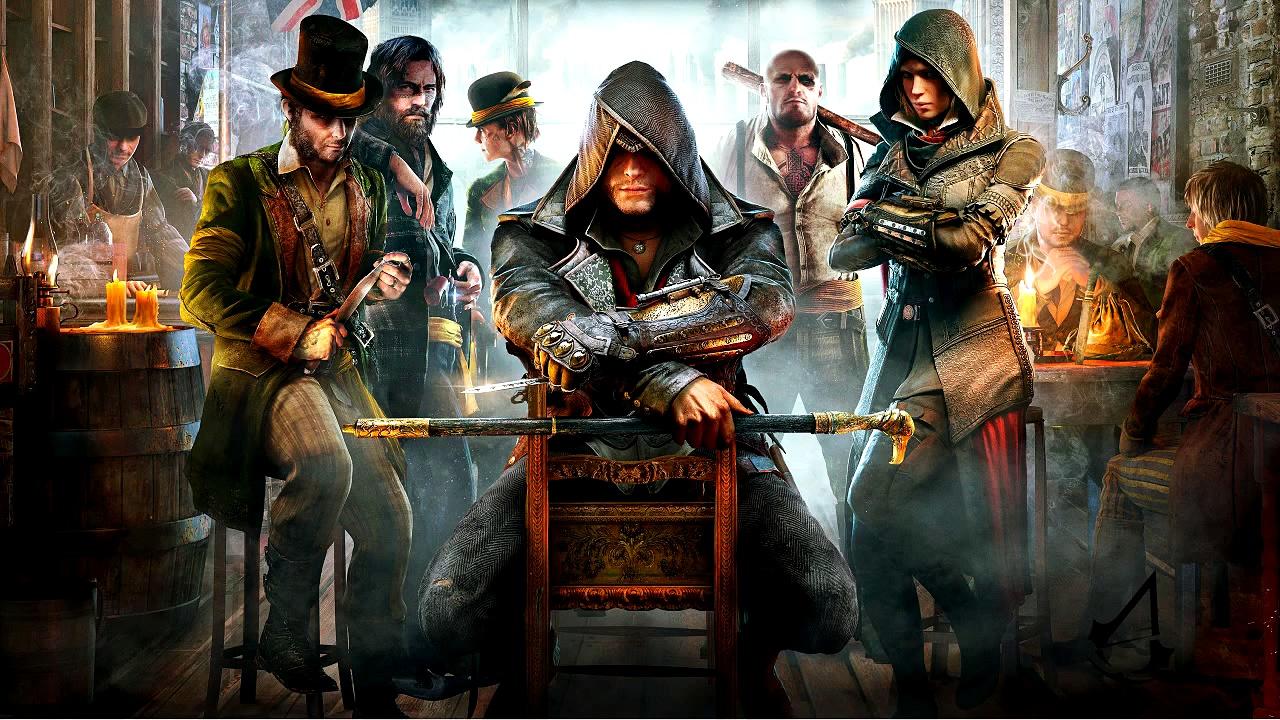
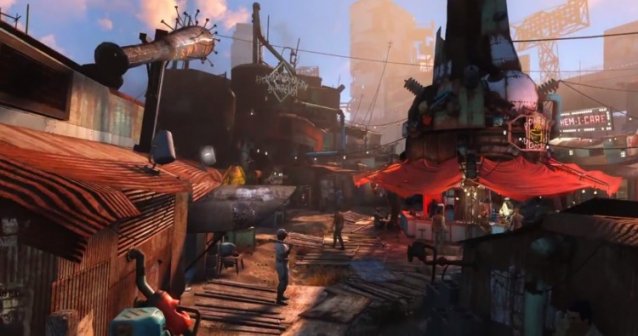 Fallout 4 Guide: Change Your Field Of View (FOV)
Fallout 4 Guide: Change Your Field Of View (FOV)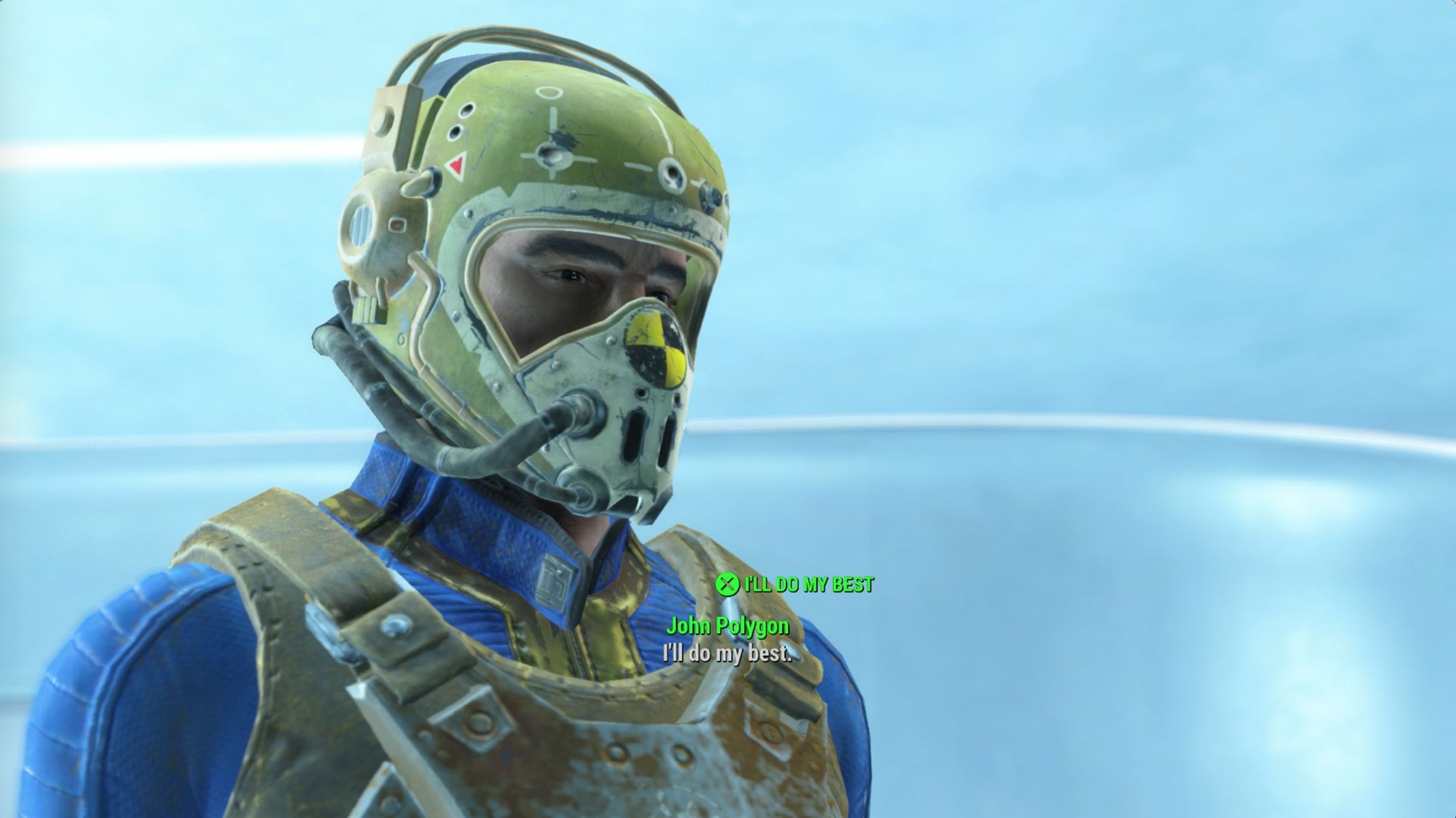 Fallout 4: Nuclear Family walkthrough
Fallout 4: Nuclear Family walkthrough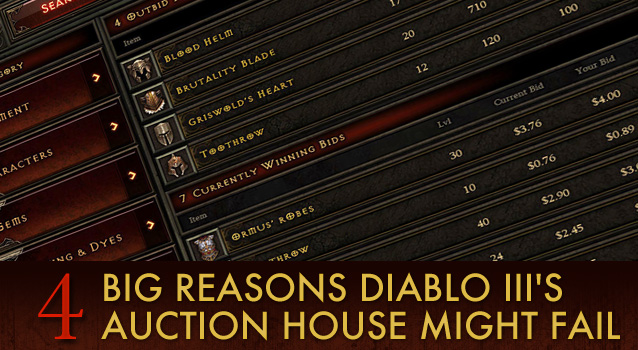 Four Big Reasons Diablo IIIs Auction House Might Fail
Four Big Reasons Diablo IIIs Auction House Might Fail Ico Walkthrough
Ico Walkthrough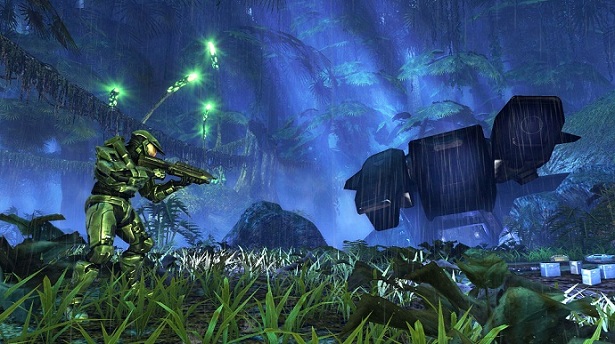 Halo: Combat Evolved Anniversary Walkthrough
Halo: Combat Evolved Anniversary Walkthrough